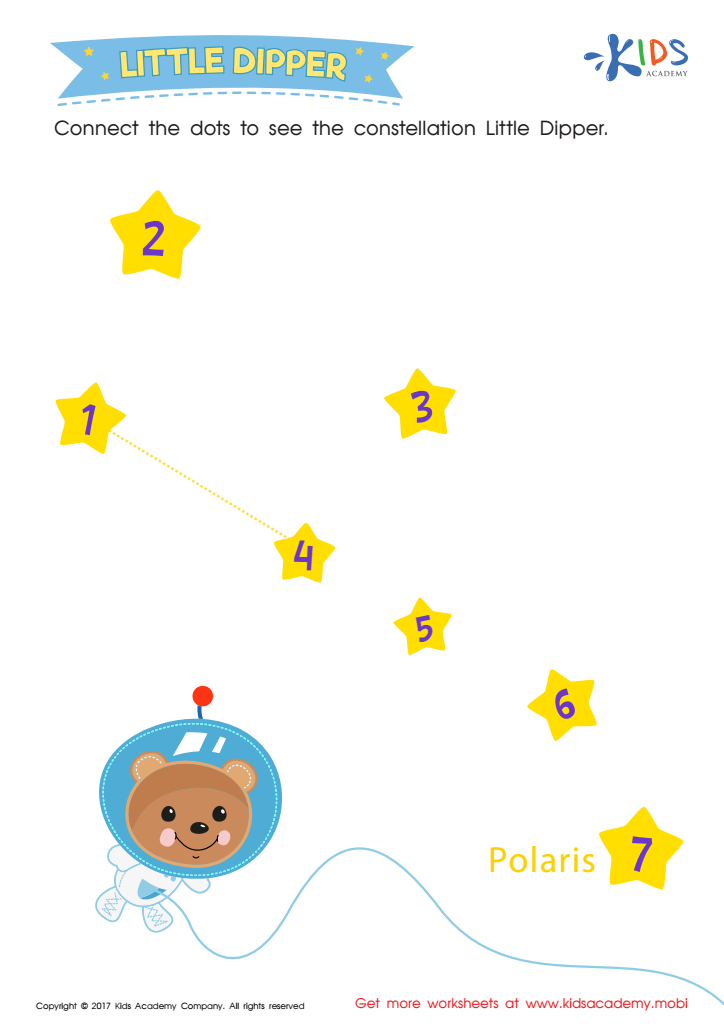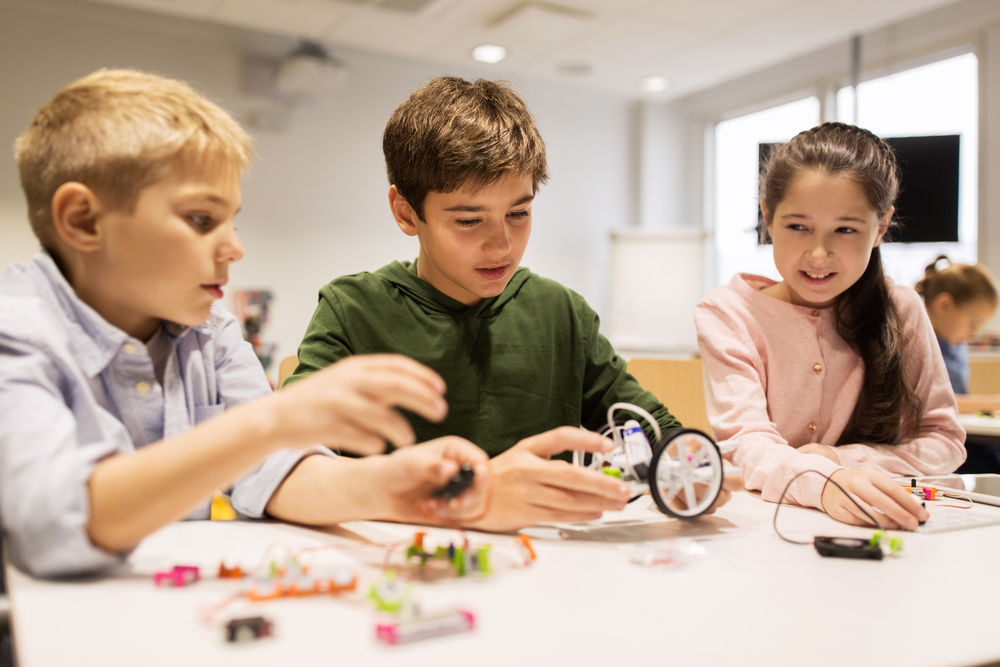Fine Motor Skills Science Worksheets for Ages 3-5
7 filtered results
-
From - To
Welcome to our engaging collection of Fine Motor Skills Science Worksheets designed specifically for children aged 3-5! These printable activities encourage delicate hand movements through fun and educational science themes. Your little ones will explore materials, colors, and textures while developing the fine motor skills essential for their growth. Each worksheet is crafted to combine learning with creativity, helping children engage their imaginations as they enhance their coordination. Perfect for home or classroom use, our worksheets support early literacy and scientific exploration. Discover the joy of learning with our fine motor skills resources today!


Robot Printable
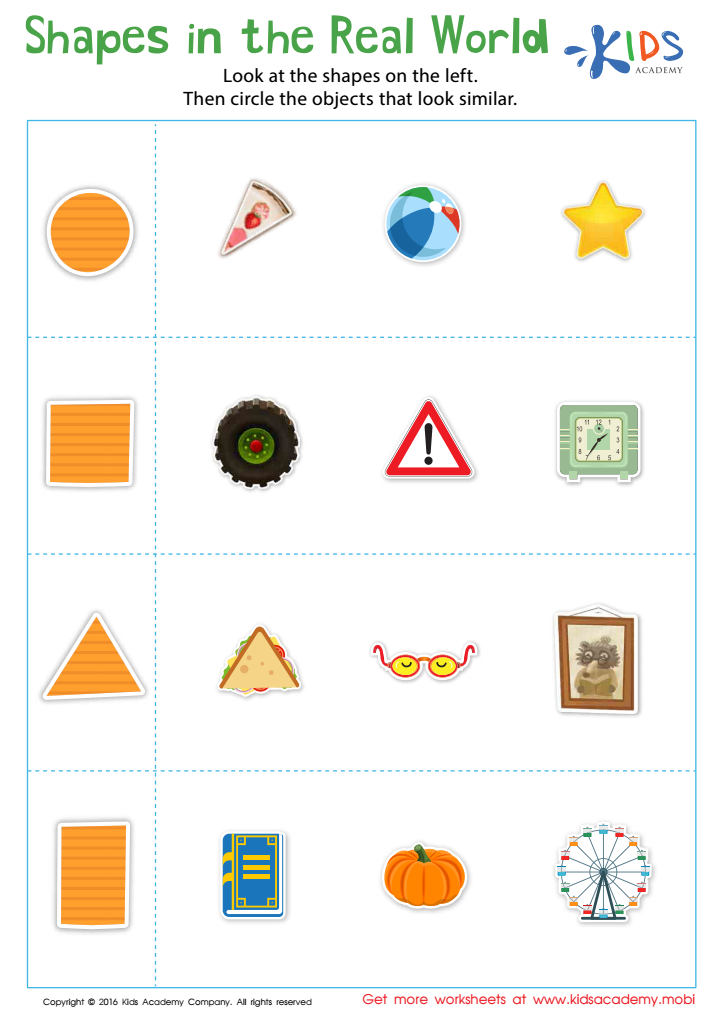

Shapes in the Real World Worksheet


Alien Worksheet
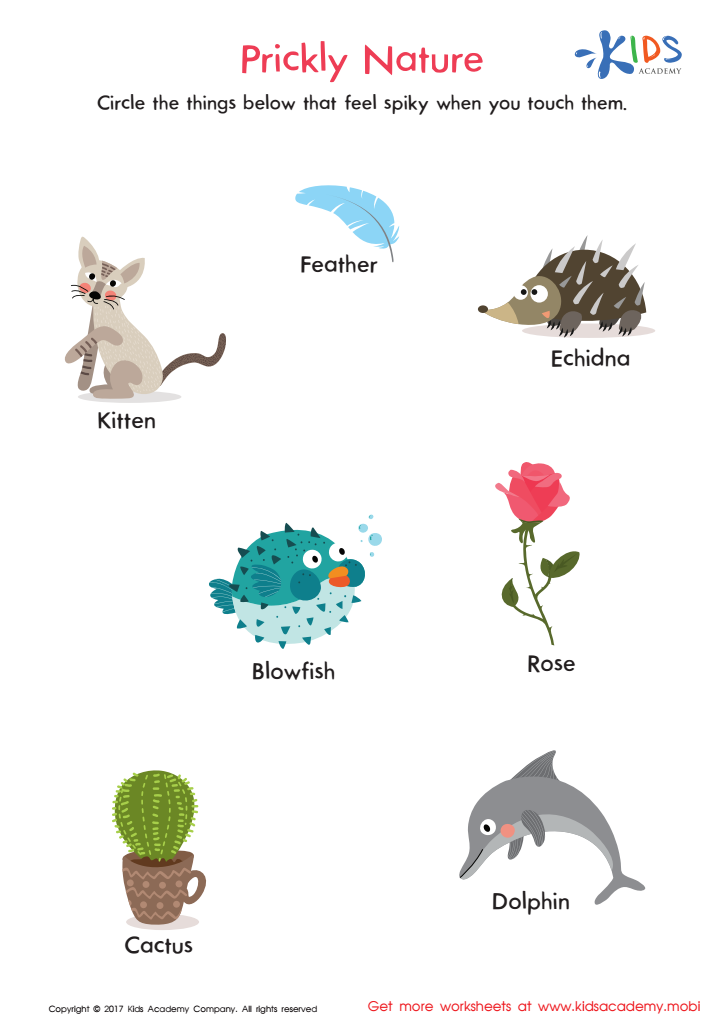

Prickly Nature Worksheet
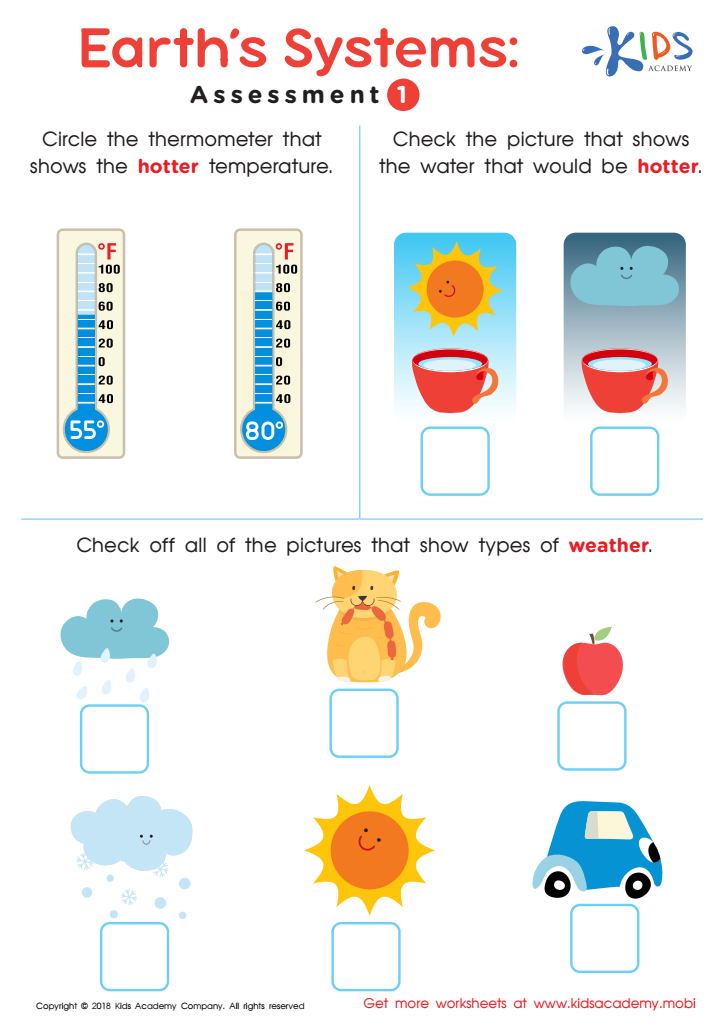

Earth's Systems: Assessment 1
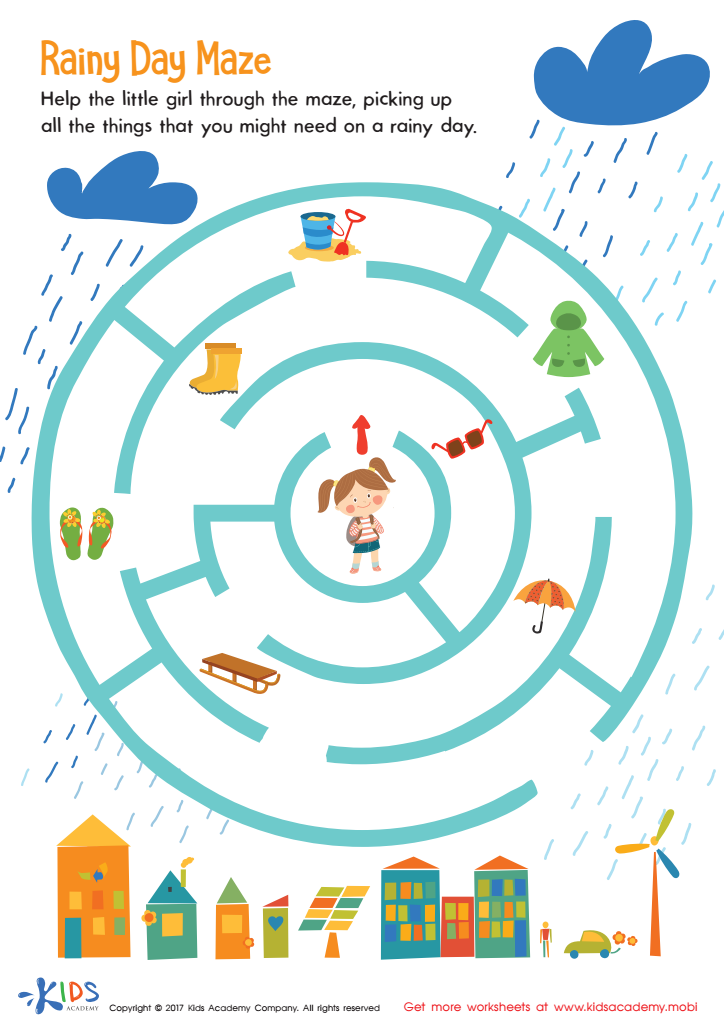

Rainy Day Maze Worksheet
Fine motor skills are essential for early childhood development, particularly for children aged 3 to 5. These skills involve the use of small muscles in the hands and fingers, which are crucial for tasks such as writing, drawing, cutting, and manipulating small objects. For parents and teachers, fostering fine motor skills during this formative period is vital for several reasons.
Firstly, fine motor skills contribute to a child's academic success. As children learn to write and participate in classroom activities, well-developed motor skills enable them to express their thoughts and creativity effectively. Moreover, fine motor skills support cognitive development, as tasks requiring hand-eye coordination enhance problem-solving and critical thinking abilities.
Additionally, promoting fine motor skills can boost a child's confidence and independence. Mastery of these skills allows children to engage in self-care tasks, improving their self-esteem and sense of accomplishment. Furthermore, parents and teachers can use science concepts in everyday activities to make learning fun, enhancing children's engagement and helping them understand basic principles through hands-on experiences.
Overall, prioritizing fine motor skills is essential not only for academic readiness but also for fostering social-emotional growth, independence, and a love for learning in children.

 Assign to My Students
Assign to My Students
